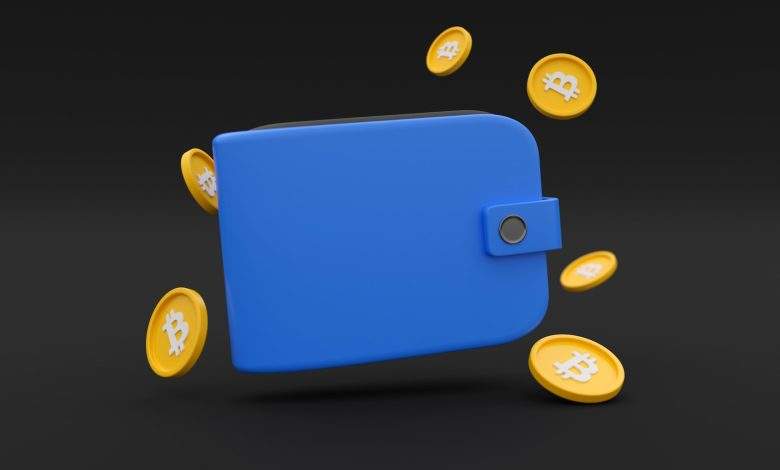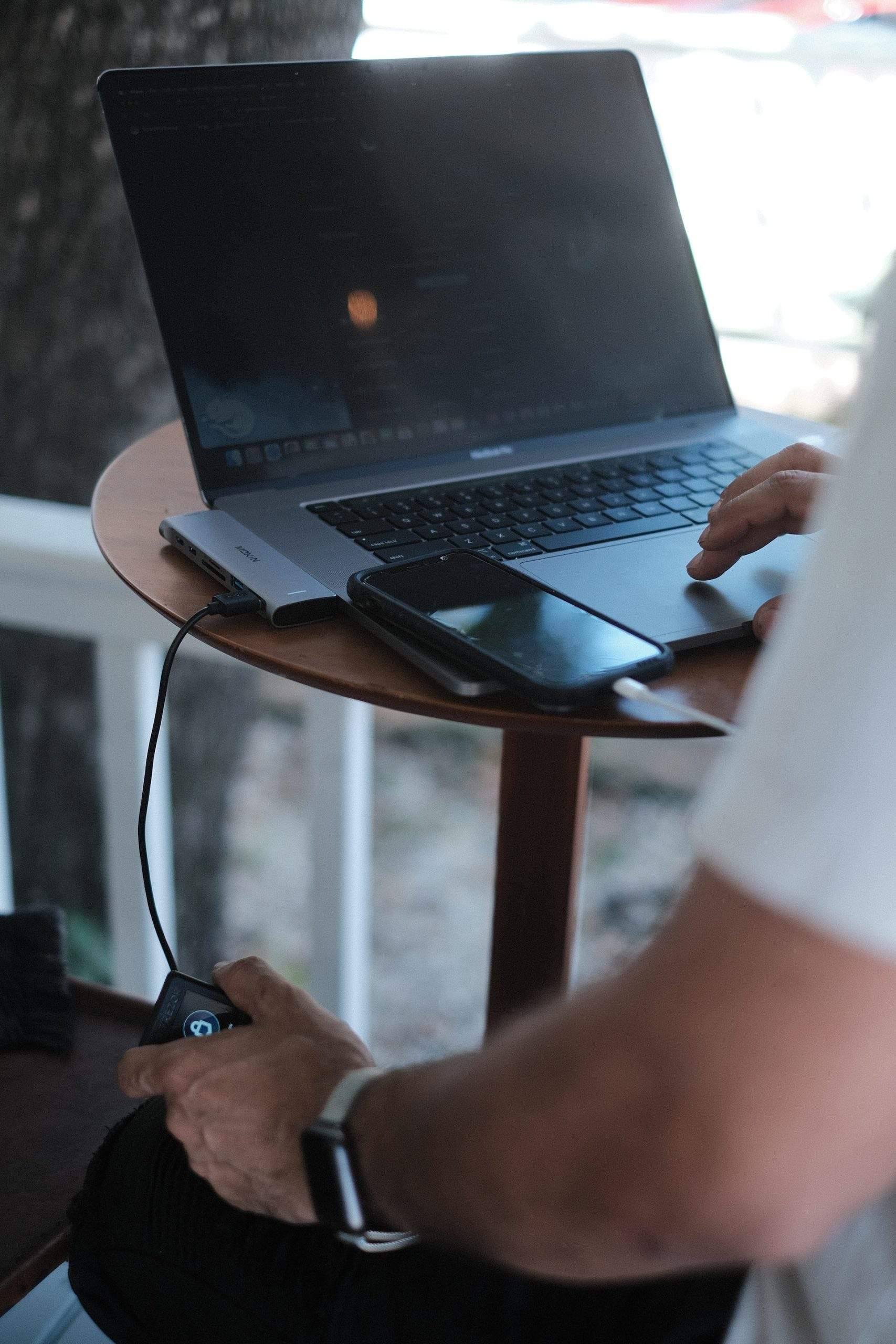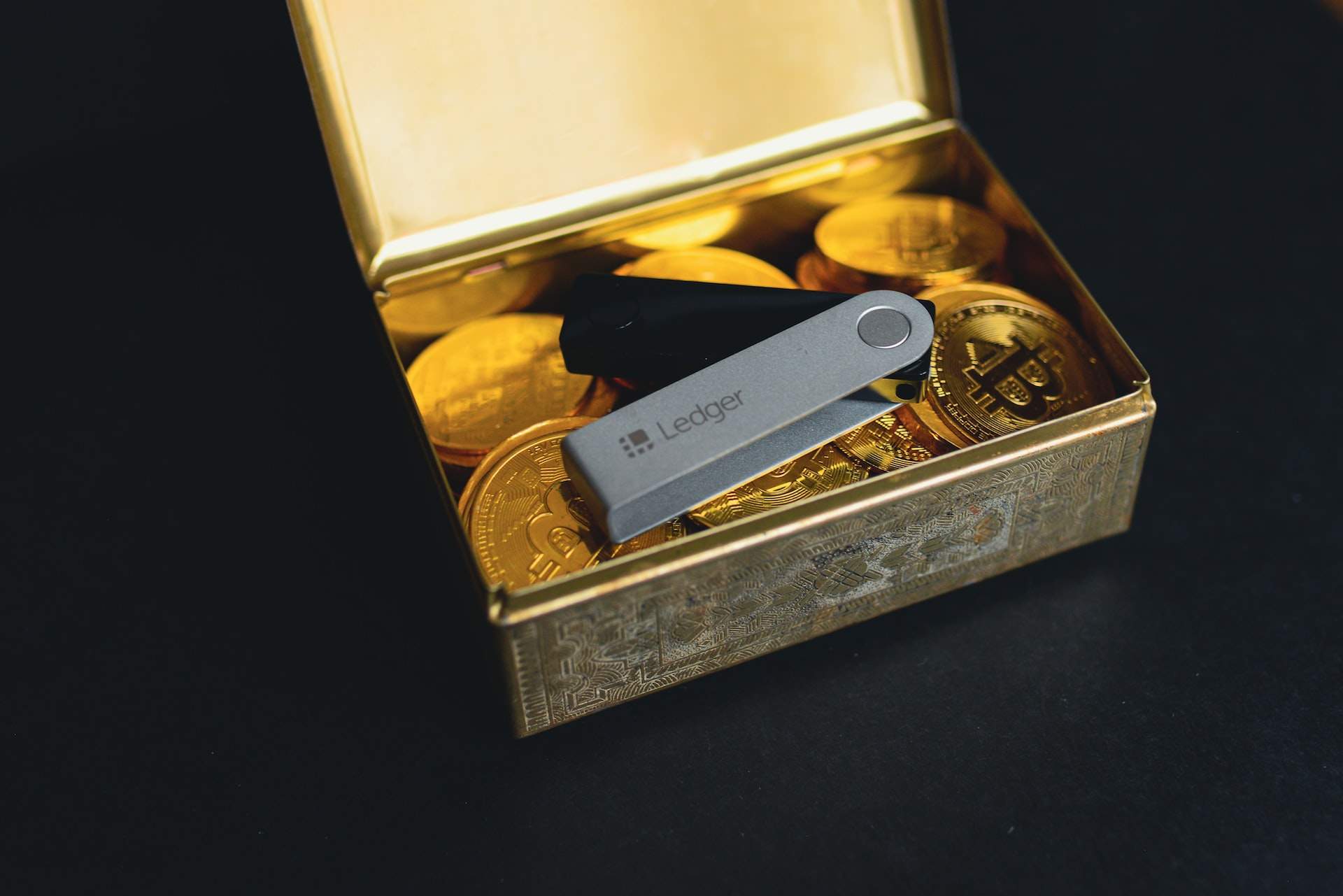
How to Secure Your Crypto Wallets
Bad publicity in the crypto industry has continuously erupted due to the unsecured nature of crypto trading platforms and wallets. Veteran traders and investors have vehemently questioned the security robustness of crypto wallets.
By design, cryptosystem developers are continually upgrading their systems’ security features. However, those upgrades might not be enough. You still have a role in securing your crypto wallets and protecting your cryptocurrency.
How Do Hackers Penetrate Your Crypto Wallets?
As crypto solution developers upgrade their system security, hackers keep developing more sophisticated hacking techniques.

Most crypto exchange and trading platforms emphasize creating strong passwords. However, as time goes by, hackers have developed clever phishing and malware-injection techniques. Hackers can steal your crypto wallet’s private keys or passwords by sending fake emails and pushing malware into your PC or mobile device.
Use 2-Factor Authentication (2FA)
2FA is arguably the most robust way to safeguard your crypto wallet against hackers. 2-factor authentication reinforces the overall security of your wallet by guaranteeing that only the person with the 2FA-enabled phone number or email can access it.
Since you must enter the code sent to your email or message to access the account within a fixed period, it bars unauthorized access. Avoid falling victim to hackers by keeping your secret verification code, 2FA code, and one-time password (OTP) secure.
Safeguard Your Seed Phrase
When you register an account with a crypto wallet, it’ll automatically generate a unique 12-to-14-word phrase. In crypto language, this phrase is known as the seed phrase, the most important arsenal for securing a crypto wallet. You’ll need the seed phrase when logging into your account.

You can’t recover a forgotten seed phrase. Therefore, if you lose it, your crypto wallet account is gone. Remember, anyone with access to the seed phrase can access the wallet and make transactions. If you lose the seed phrase, the person who recovers it may have total control over the account and the stored cryptocurrencies.
Always Connect to Secure Networks
One of the ways hackers access your sensitive financial data is through hijacking public Wi-Fi connections. When you access your crypto wallet or bank account on a shared Wi-Fi, you enable hackers to inject man-in-the-middle malware. The malware in your connection directs the data transmitted between your device server and the client website to a third party.
In other words, the hacker hijacks your connection and might introduce a new version of the client website to you. That way, they can track every data you key into the website, including your password. Keep your connections safe when accessing your crypto account through these proxies.
Install Reliable Antivirus Programs
Antivirus programs can detect and thwart phishing and crypto hacking attempts. These programs take total control of your device’s security. An antivirus program runs in the background and scans all data flowing in and out of your device. Therefore, they can easily detect and flag hackers’ phishing and malware injection attempts.

For optimum protection, use premium versions of the preferred antivirus software. The free versions still protect your connections but aren’t reliable. Purchase licensed antivirus software versions and pay for the subscriptions on time. Additionally, keep note of software updates and never relent in upgrading to the latest security features.
Use Cold Wallets for Long-Term Investments
Traders have two key wallet options to compare: cold and hot wallets. Hot wallets are the most used option because of their efficiency and reliability. However, these wallets aren’t secure and are more susceptible to hacking. Cold wallets are rarely used options but the most suitable and secure options for long-term investors. So, if you want to buy bitcoin for example, it’ll be better to store it in a cold wallet. With hot wallets, you can log in from anywhere, meaning anyone with the seed phrase can access the account.

Cold wallets require extensive technical knowledge to set up and operate. They operate offline, meaning hacking is never an issue. But then, you must keep the USB-like device and private crypto keys secure.
Conclusion
When trading cryptocurrency, it’s your responsibility to safeguard your crypto wallet account and stored tokens. How would you do that? Watch over the security of your internet connections and always use proxies to protect your wallet against hacking attempts. Keep your seed phrase and passwords safe. Add 2-factor authentication to your crypto wallet account to thwart login attempts by unauthorized parties. Lastly, use cold wallets for all long-term investments involving huge transactions.



